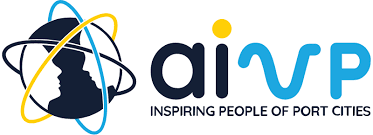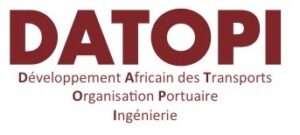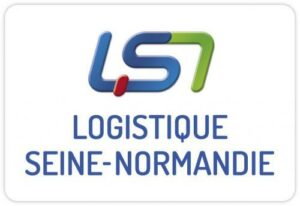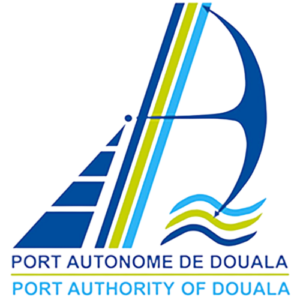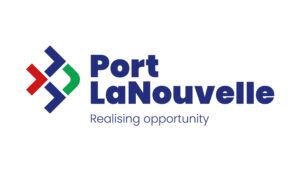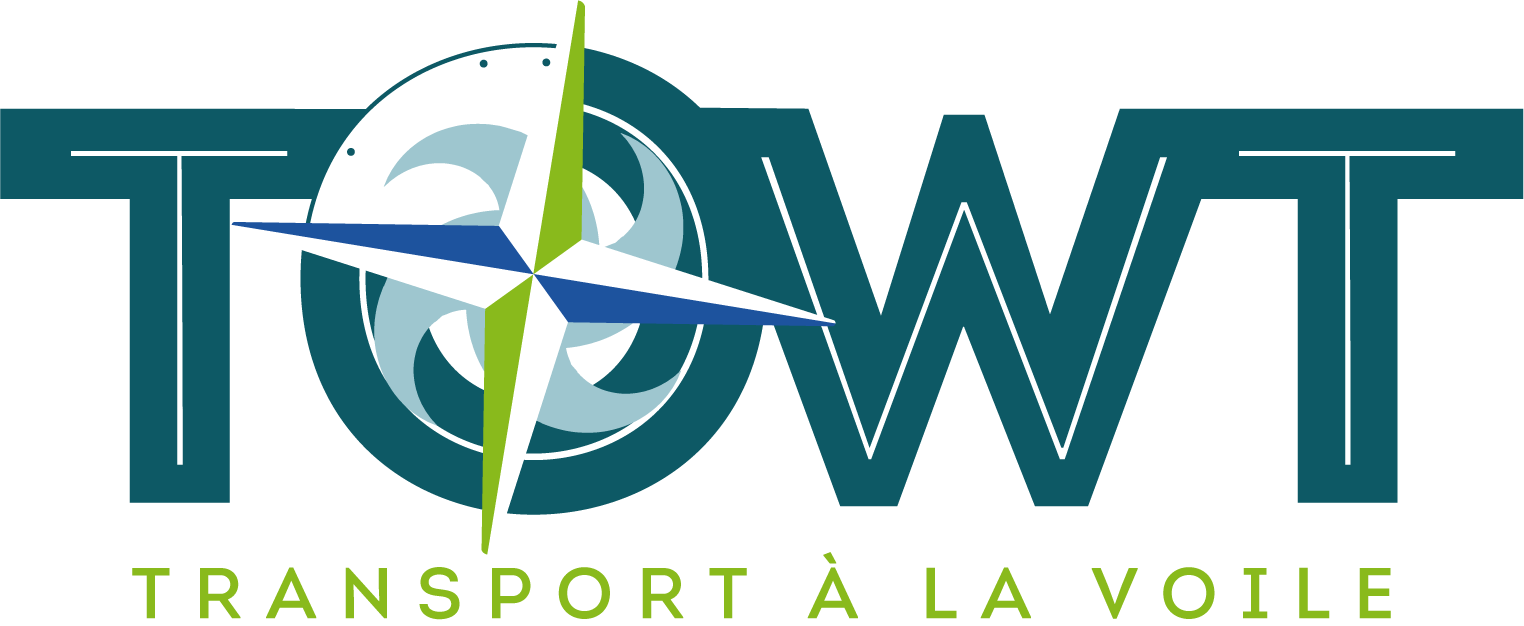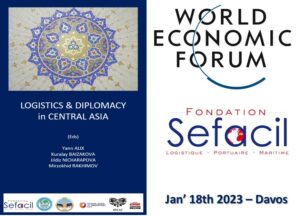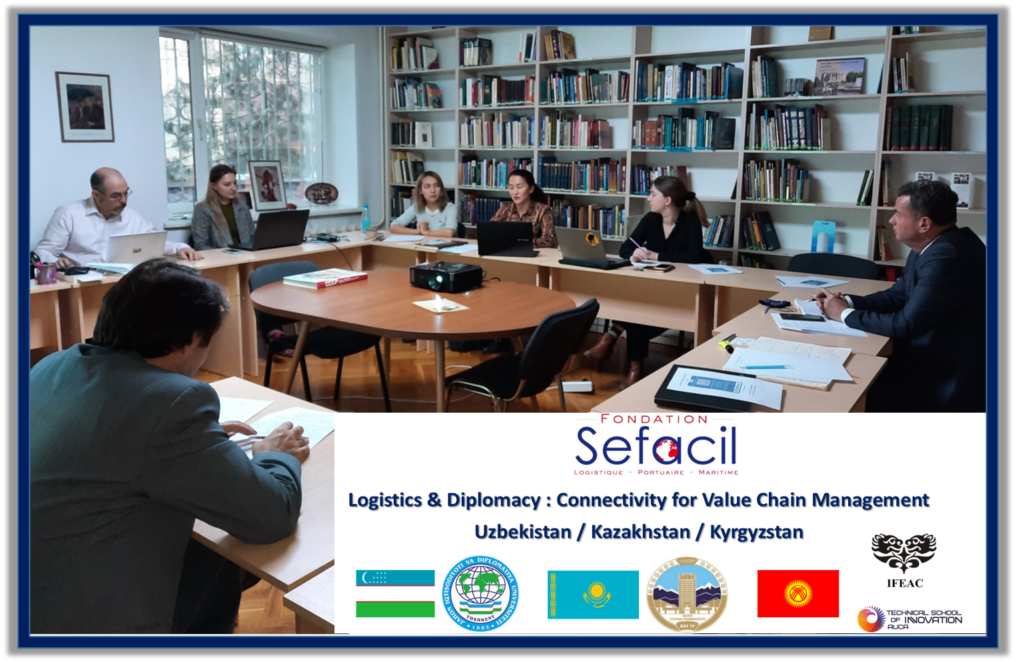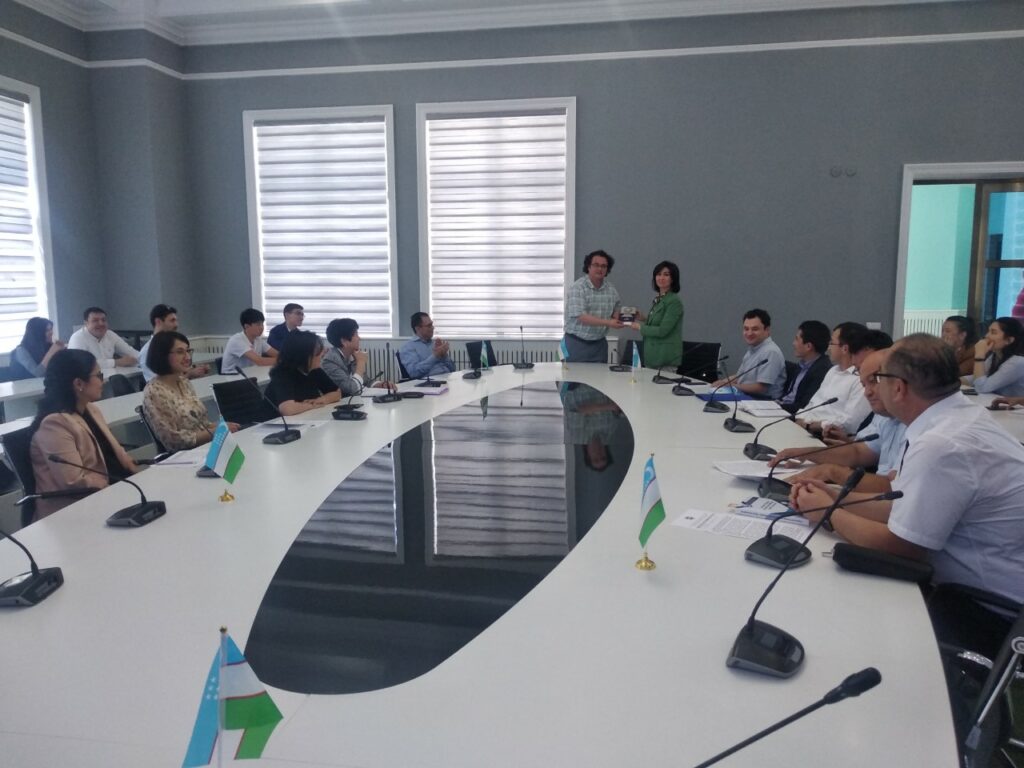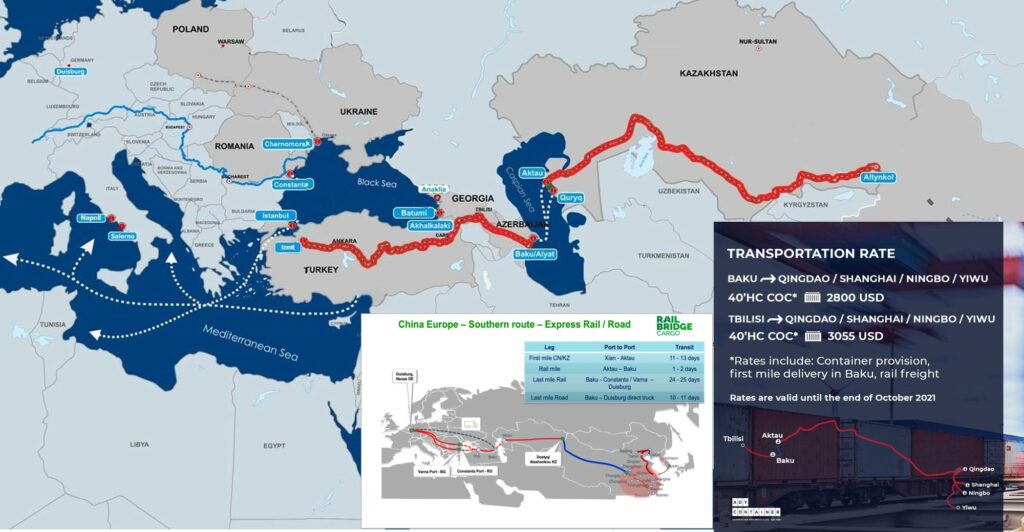The Logistics & Diplomacy couple constitutes a challenge because it requires thinking up new methodologies in order to evaluate all the processes and actions that contribute to building and structuring logistics infrastructures and services in the territories. It is necessary to consider the methods of evaluation to calculate the direct and indirect effects on the socio-economies of the regions invested.
This presupposes a certain transparency and an ability to access data to build assessment tools and establish diagnoses that will ultimately enable recommendations and improvements to be made. The responsibility of the teacher-researcher goes beyond the empirical framework of solid and recognized academic research. It is the ambition of the SEFACIL Foundation to support innovative approaches, sometimes breaking with traditional academic criteria.
The objective is to provide knowledge and know-how that will become useful to political decision-makers, responsible for future national logistics projections in Central Asia. This forward-looking and strategic work takes place in the field, through discussion and dialogue with all stakeholders, whether public or private. A last essential element in the Logistics & Diplomacy couple is the people with social and societal dimensions often neglected in international logistics projects and developments. The inclusion of national vital forces, training and capacity building, ecological and environmental dimensions, the opportunities of digital transformation, and the capacities of new technologies: logistics requires a holistic approach that makes projects systemic.
Meeting of the SEFACIL Logistics & Diplomacy at IFEAC Bishkek
The International Workshop Series initiative powered by SEFACIL
The “International Workshop Series - Connectivity for Value Chain Management in Central Asia” where each Nation of Central Asia can be approached through the prism of the work of the teachers-researchers from the selected countries. Three seminars were thus organized between November 2021 and January 2022 in Tashkent, Almaty, and Bishkek.
A collective book concludes this first session of seminars with numerous avenues of reflection which tends to demonstrate that the problems linked to the development of logistics services do not arise from the same dynamics, whether we find ourselves in Kazakhstan essentially coveted for its reserves of energy raw materials, in Uzbekistan where the embryonic industrial systems differ from the case of Kyrgyzstan, which is still largely focused on issues of agricultural development.
Logistics & Diplomacy book officially presented at UWED - Tashkent
Several common points emerge from the cross-referencing of the three case studies:
- The need to better coordinate an integrated political vision that could at least include the 4 landlocked countries of Central Asia (Kazakhstan - Uzbekistan - Kyrgyzstan - Tajikistan) in a real multi-party strategic planning over the long term;
- This cooperation would make it possible to deploy a real regional logistics roadmap with the identification of potential strategic breakthrough territories in direct coordination with rail operators,
logistics integrators, industrial and manufacturing companies, international investors and donors, etc.
Such a regional vision of structuring logistics requires institutional and political reforms to facilitate cross-border trade and thus reduce the obstacles to the mobility of goods, people, and financial flows in a future integrated internal market of Central Asian scope;
Logistics and its services must become major sources of employment and presuppose the inclusion of regulations that guarantee “local content” thresholds in all investment and development projects linked to manufacturing and industrial value chains in Asia Central.
Central Asian Nations must consider all transport corridors and not only those under Chinese and/or Russian influence. Geostrategic and political partnerships with Pakistan, Afghanistan, Azerbaijan or even Iran or India should not be underestimated in the perspective of developing logistics services with Nations that have a high potential for manufacturing development and /or industrial.
WE Forum 2023: Preparing the forthcoming initiative in Pakistan
The construction of public decision-making in the field of logistics remains a challenge because this little-known sector only rarely appears in geopolitical and geostrategic considerations. The pandemic crisis has had the effect of raising awareness among political elites as to the logistical weaknesses of a world of globalized trade and consumption. The work
of the SEFACIL foundation has been a precursor since 2014 and continues to explore new avenues by planning new seminars in Dushanbe - Tajikistan (January 2023) and in Pakistan in 2023 with the prospect of publishing a new opus under the aegis of the Foundation.
Some railways solutions through the Transcaspian Central Corridor
Extending our prospective and strategic reflections to Pakistan allows us to consider AfPak logistics corridors as well as transport solutions through the new port of Gwadar in Baluchistan. This opens minds to opportunities for logistical and geostrategic integration that go beyond the landlocked condition of the 'Stan's countries". This also pushes the thinking to Azerbaijan, Georgia, and even Turkey with southern routes that bypass Russian territory while stimulating logistical solutions that link southern Europe to southern China huge markets.





